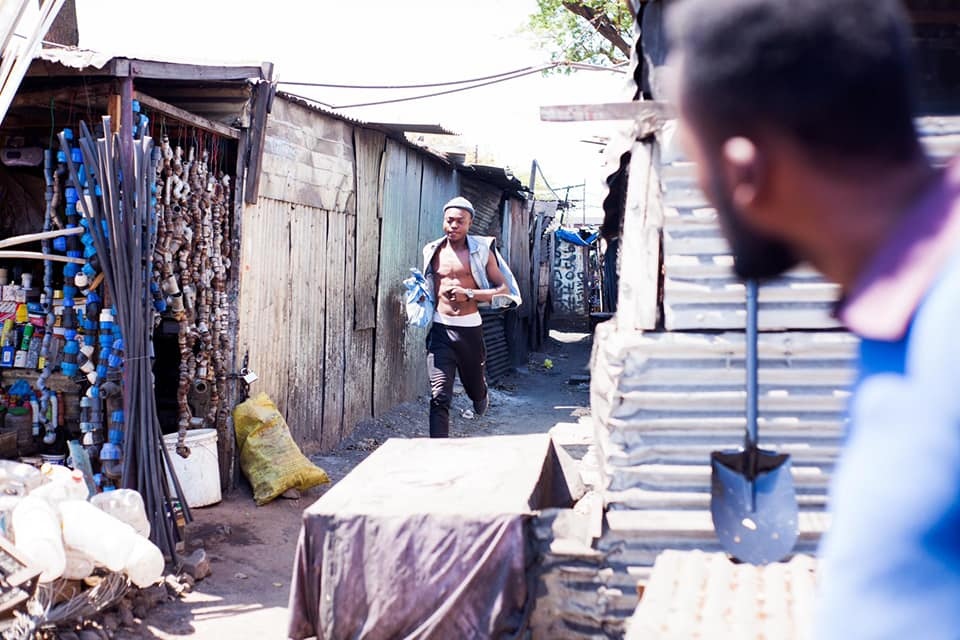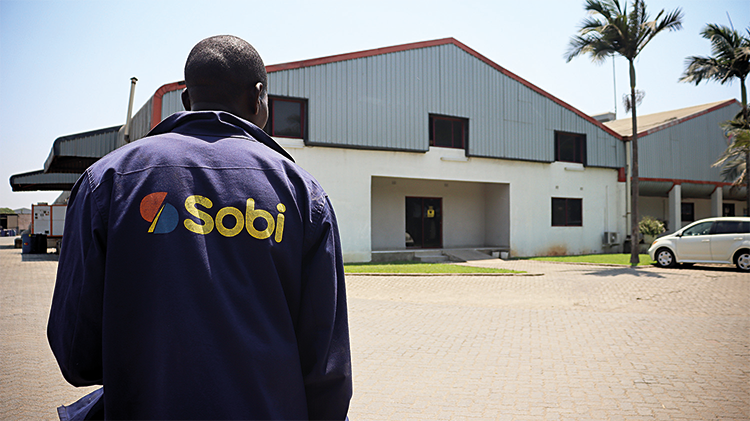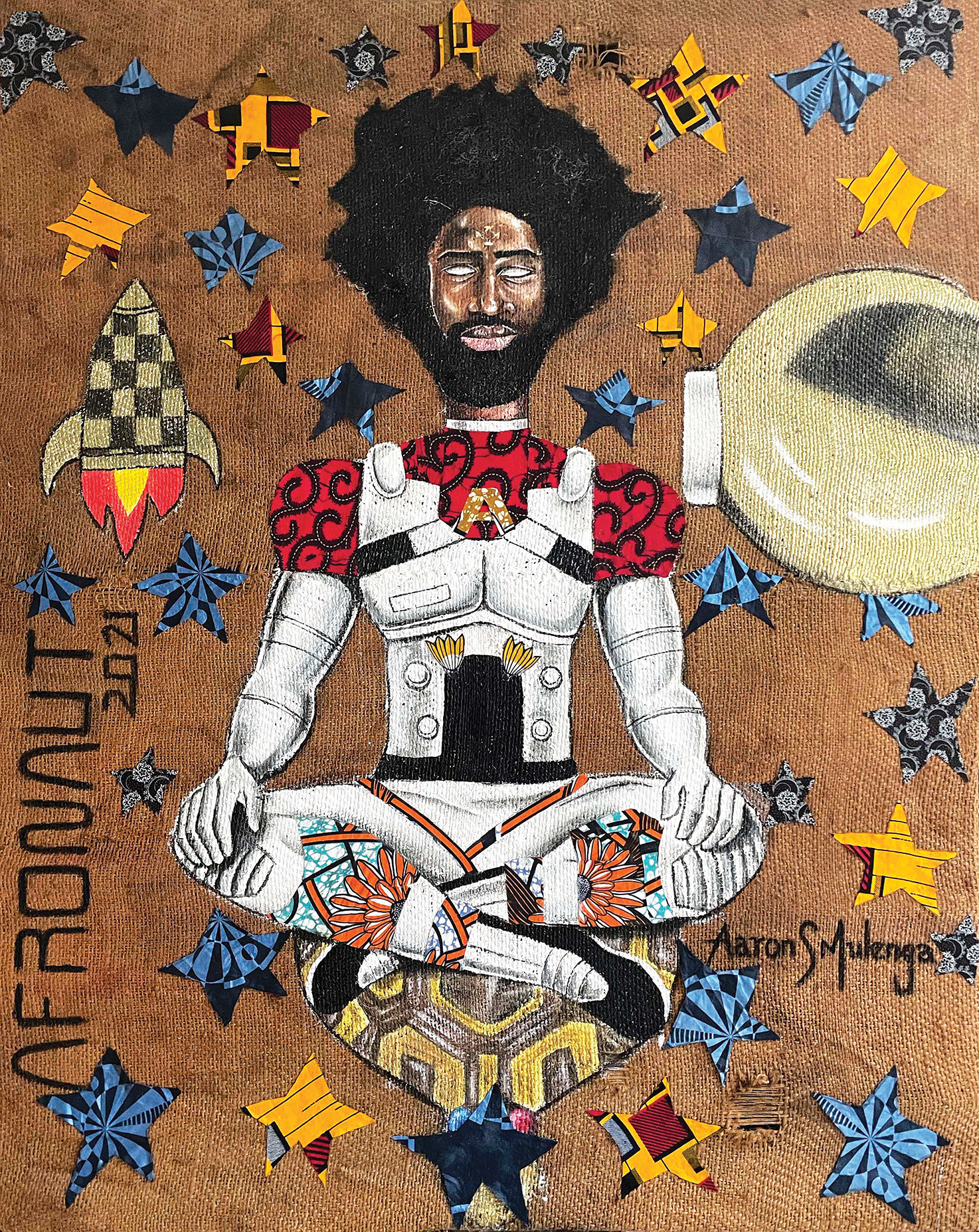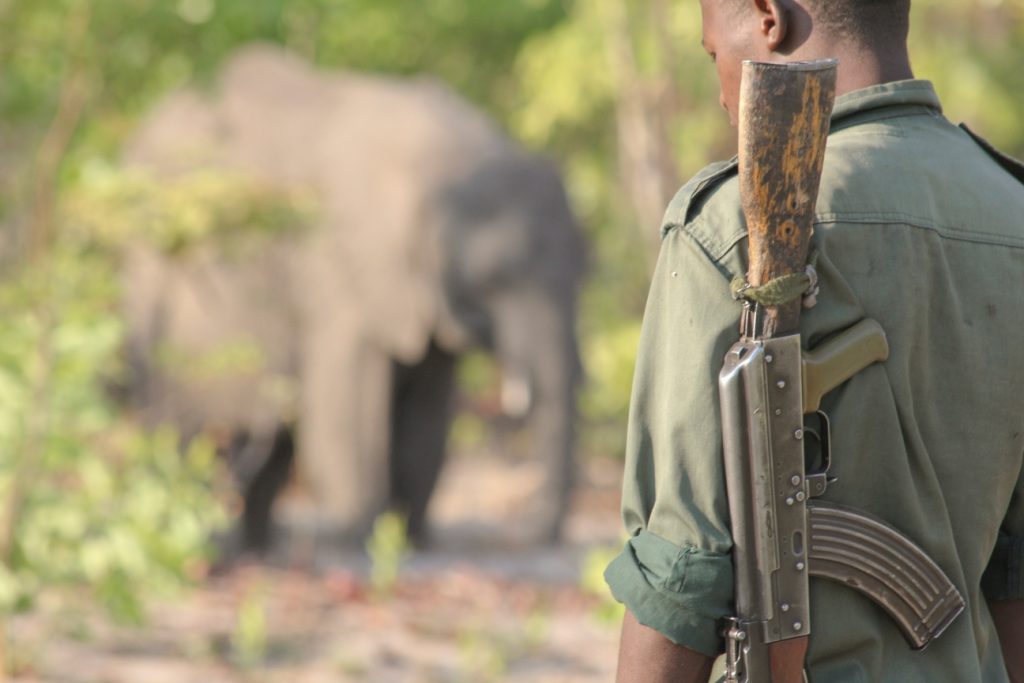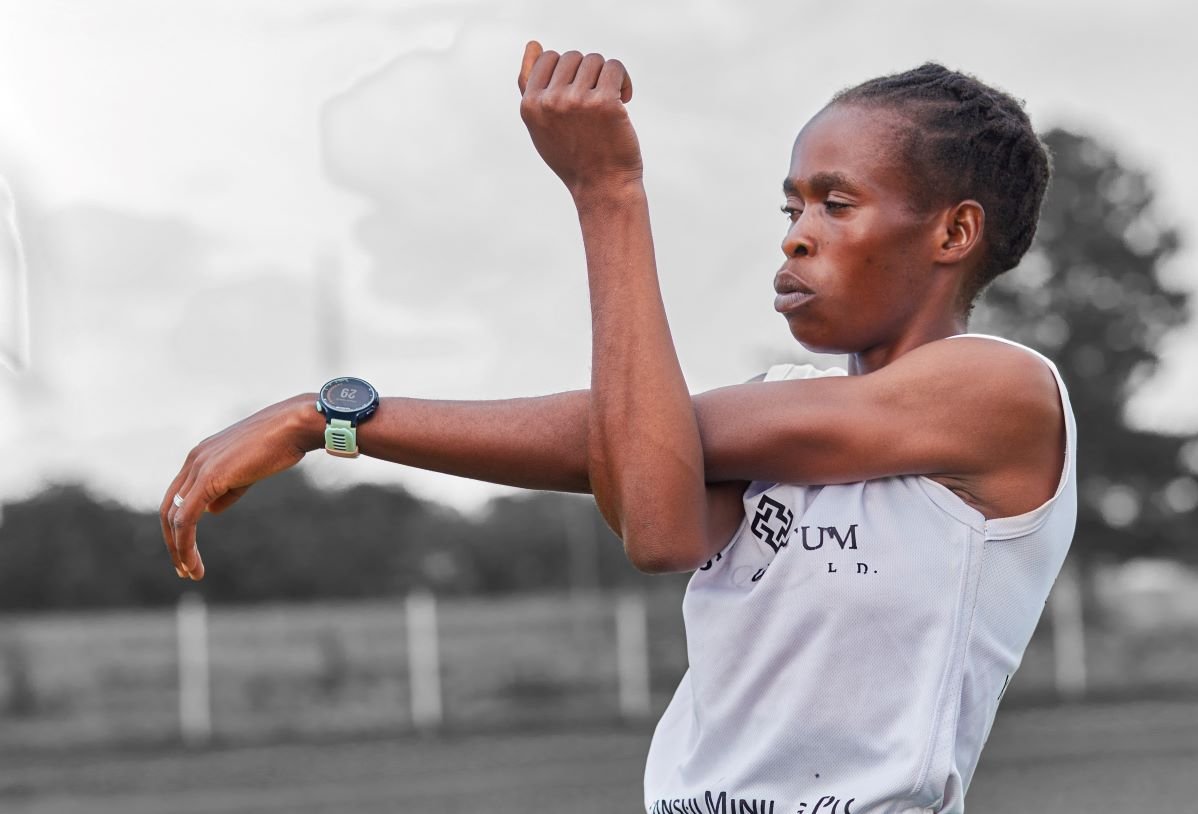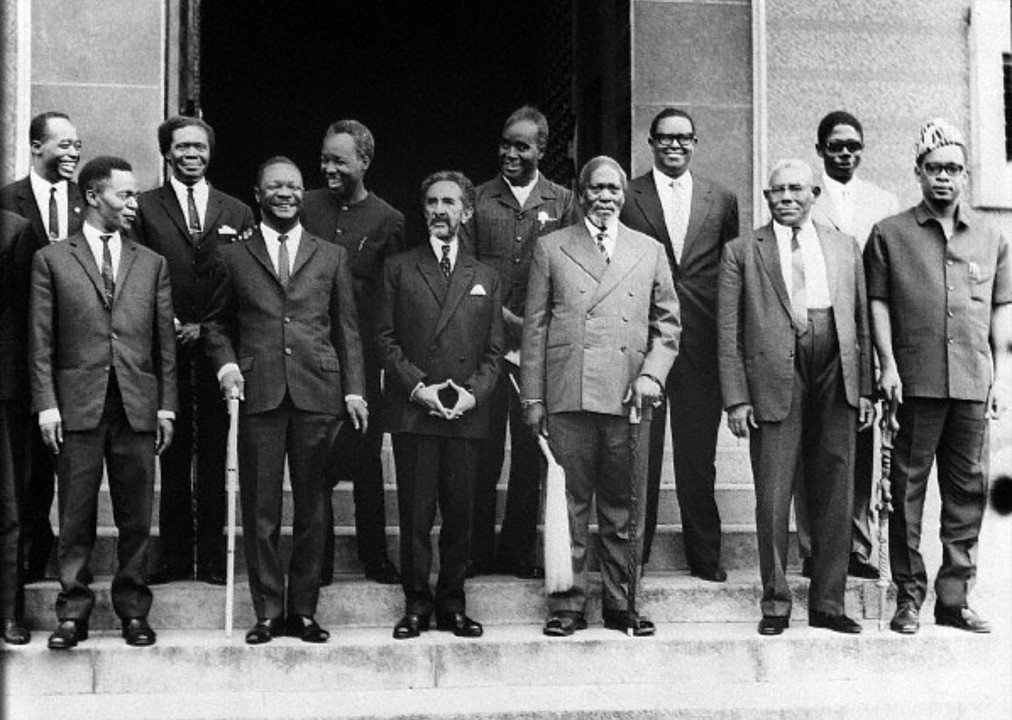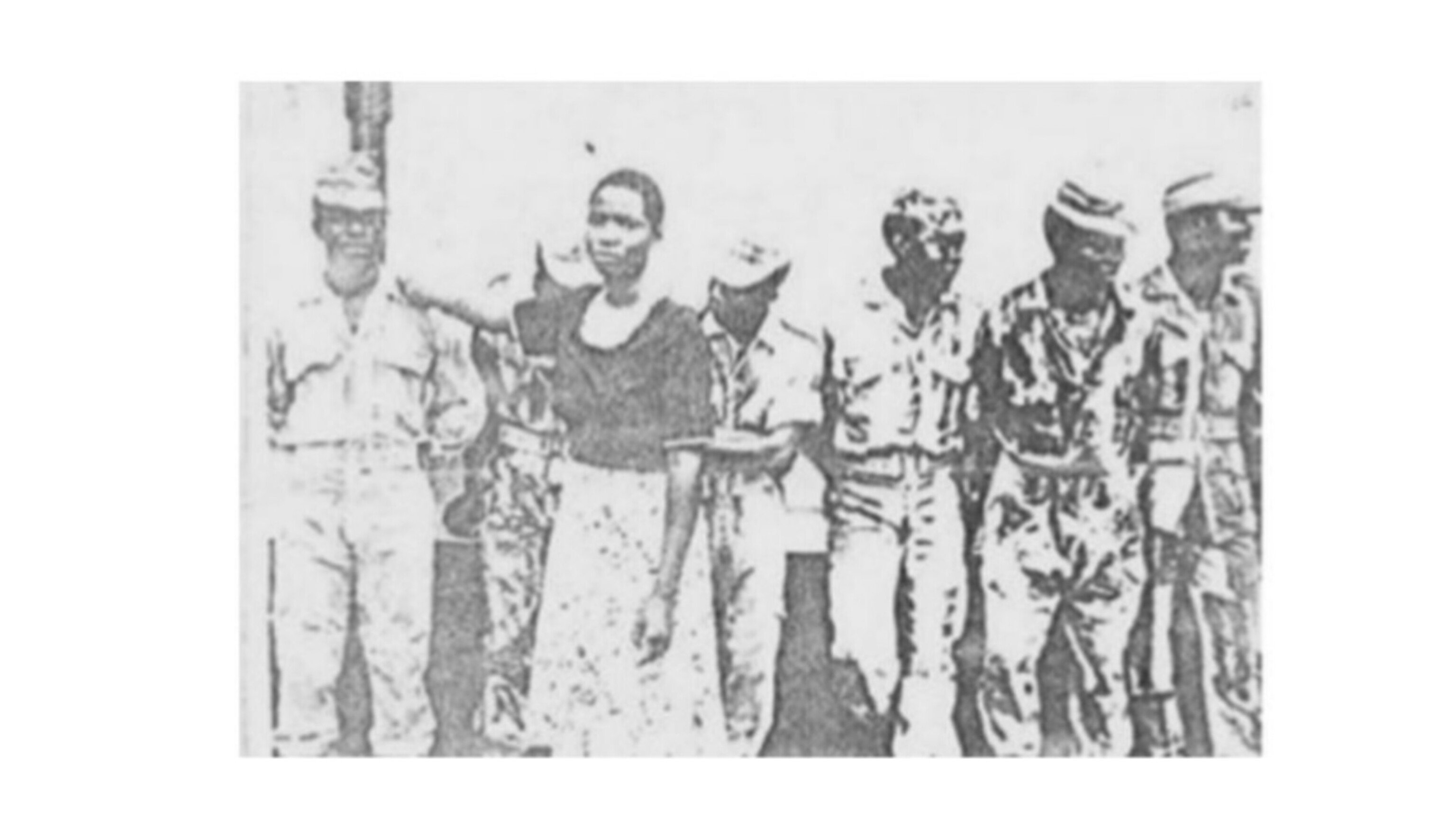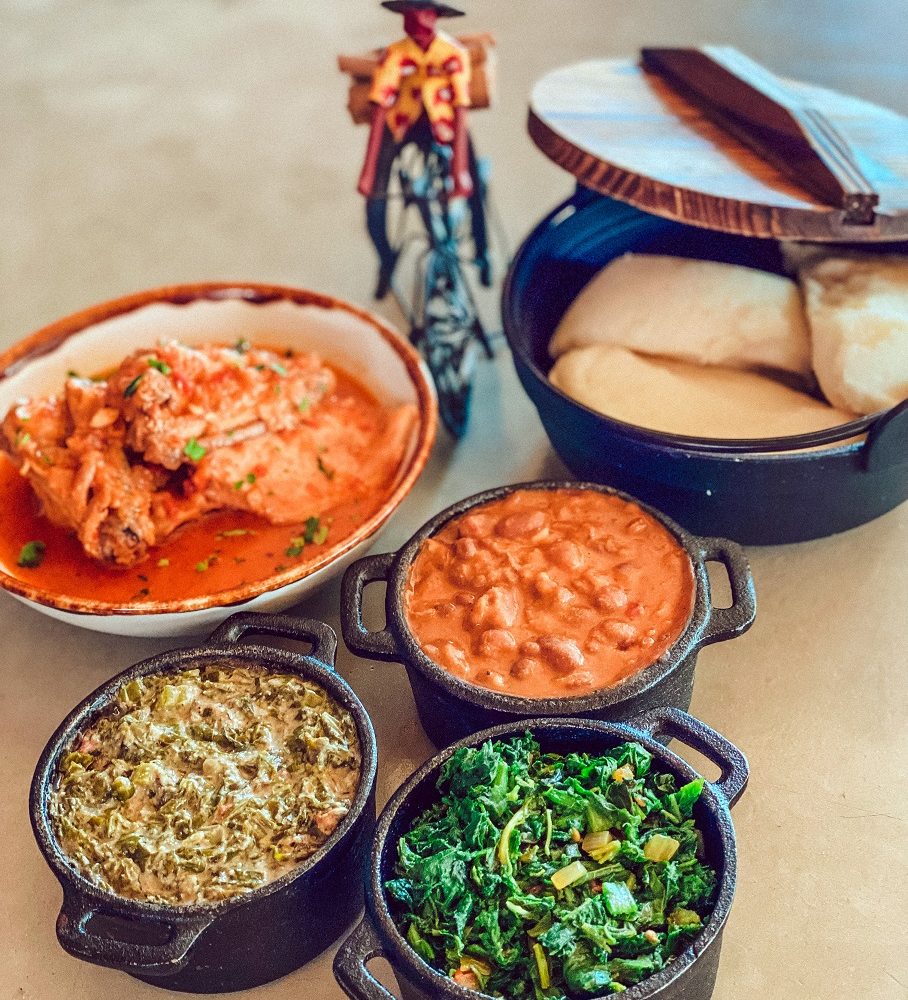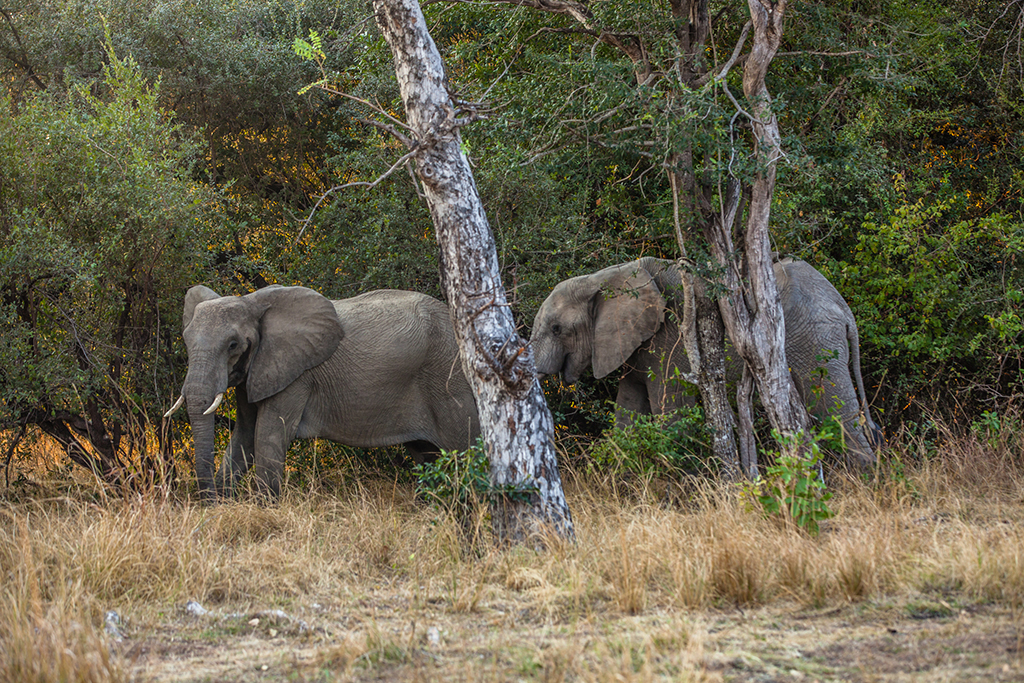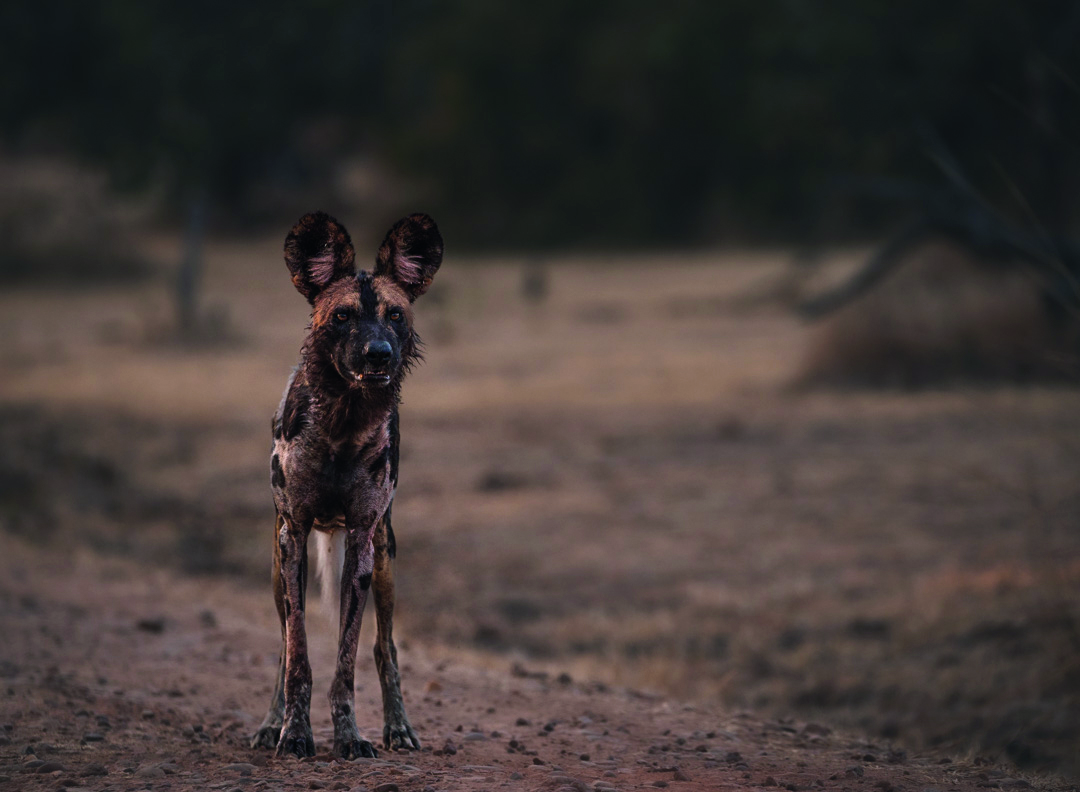Black Dollar is Zambia’s first heist film, expected to put the country on the map with 90 percent of the film crew being Zambian. The cast features fresh local talent in lead roles, as well as industry veterans as supporting characters. The story is inspired by the Nigerian black dollar scam popularly known as the ‘wash wash scam’ where you are given banknote sized paper dyed black under the guise of it being US dollars that you have to wash with a chemical to return to its original state. Kazadi Films is the production company behind this thrilling, action filled, fast paced crime film. The synopsis reads like the stuff your classic crime caper is made of, “In the poverty-stricken suburbs of Lusaka, Mateo, 28, a low-end con artist fraudulently obtains money from his local politician by persuading him that piles of banknote-sized paper in his possession are actually currency notes that have been dyed black for safety and security purposes. Preying on the politician’s greed, Mateo and his friends persuade him to pay more than $100,000 to purchase the required chemicals to remove the dye, with the promise of an equal share in the $20 million proceeds. “

Though the film was inspired by a Nigerian scam it was born out of David Kazadi’s desire to make a film that would put Zambia on the map. When he left London and returned to Zambia he spoke to local writer Delphine Chisulu Kalonda about what kind of story they could tell that would be exciting and exhilarating. Delphine and her team began looking at storylines based on jerabo culture. Sadly most of the stories they received after a call for submissions were not very good and couldn’t be developed further into a provocative story. The team eventually came across a man who had fallen victim to a wash wash scam. Upon researching the scam, they realised that although it is more prominent in Nigeria it had also reached Congo DR.

Filmmaking is a long and arduous process. Upon unearthing the concept for the film, Delphine and her cowriters Sarah Bodinar and Charles Chitundu spent three months writing the script and making sure that it was ready for production before David could bring other people on board. The three writers started writing in February of 2019 and finished in April, after that casting began in June and went on for a month. During casting the team didn’t want to hire only stars or people already in the industry; they were looking for undiscovered talent. The lead role of Mateo went to Kondwani Elliot Zulu a 19-year-old grade eleven pupil from Libala High School and the female lead went to Natasha Bwalya (23) both of whom have never worked in film before. The supporting leads Kangwa Chileshe and Henry BJ Phiri are experienced actors and were added in order to motivate and help elevate the younger newcomer’s performances. Once casting was done pre-production continued until September which is when filming began, the entire filming period was thirty-five days.

Delphine explains, “We worked a minimum of ten hours, sometimes fifteen and we were working on a professional, international level because we were a mixed crew. We had people from London like our director of photography, sound department from South Africa, lighting department from Tanzania and for make-up we had a team from Russia come to teach our people how to do cinematic make up…We noticed when we were hiring the crew that there were huge skillset gaps that needed to be bridged, even something as simple as being able to work on a professional set was a challenge for them. However, the assistants on set were Zambians and we had a majority female crew with women making up 75 percent of the crew. We realised female filmmakers work with precision and when it comes to production, we need precision.”
Filming the high-octane action sequences was exciting and thrilling especially for the cast as most of them had never done action sequences that were as gruelling as the ones in the film. The actors had one month of stunt training with a trainer from London who taught the cast how to pull off action sequences, including fight scenes, for film. The stunning visuals of the film and locations that are the backdrop for this fierce story allows people to see Zambia in a new and refreshing light.
With the release of the trailer for Black Dollar the response had been quite unexpected. The team was pleasantly surprised by just how overwhelmingly positive the response was. The 14th of November 2020 is the official release date for the film and it will be available for streaming on Netflix, making it Zambia’s first feature film under the crime genre on the international platform. This release will be accompanied by a small socially distant outdoor film.
Black Dollar will change the landscape for Zambian film by ushering in a new era in the film industry that allows audiences hungry for good content to see that Zambians can make great films. The film bridges the gap between the veteran performers like Kangwa Chileshe and up-coming performers like Kondwani Elliot Zulu, encouraging the rise of new talent. Black Dollar is ushering in a new age of cinema with fresh talent and we have to support that.
